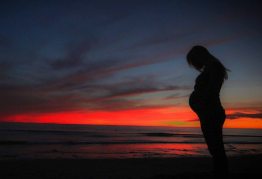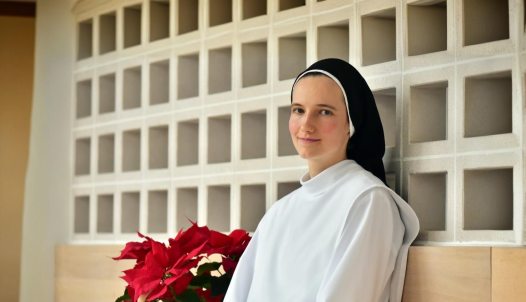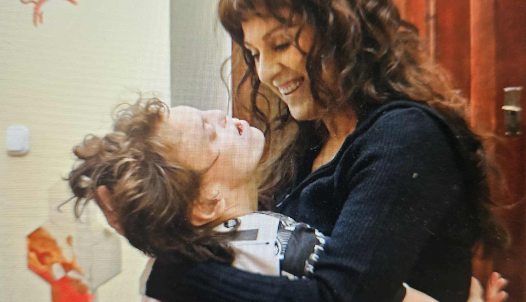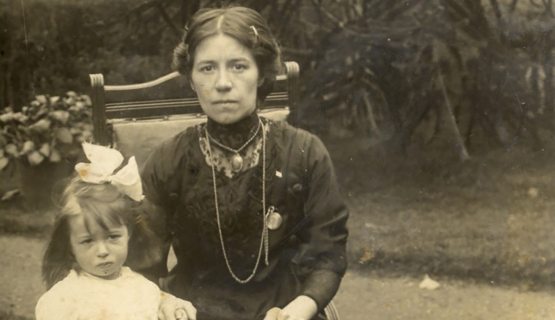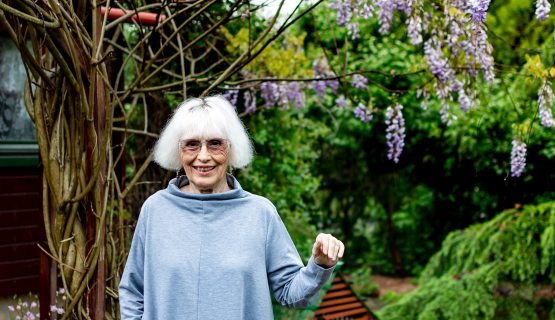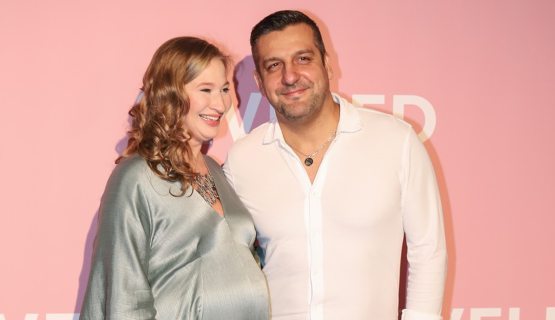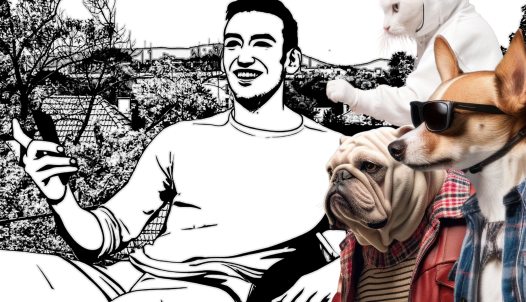“Life is much harder than prison”
The film Rescuer, directed by Gergely Hajnal, immediately captures the viewer's attention. Not because it is half a prison story, but because it shows what few films do: what life is like after prison. The protagonist is Attila Lólé, a man in his thirties from a particularly difficult family who has served six and a half years for various crimes. The last time he was released, he experienced God's grace and decided not to go back to prison and even considered joining a Benedictine monastic order.
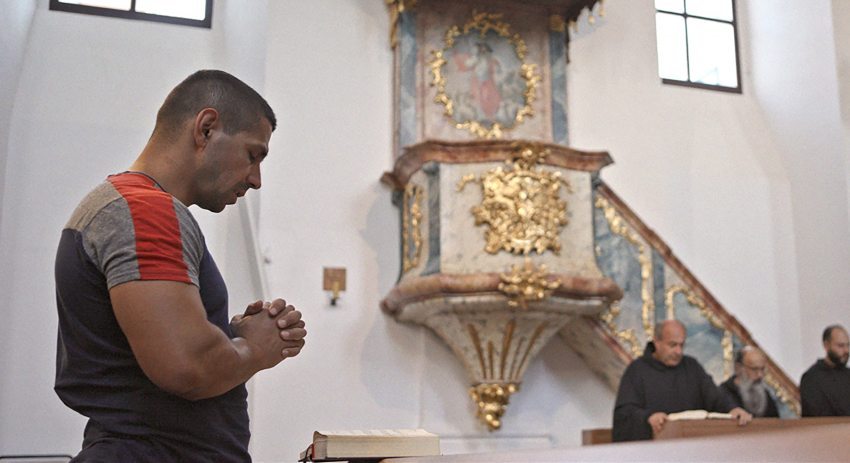
The documentary presents Attila's story, more precisely a phase of his life, in a mosaic of different situations. Each scene is separated by a chorus of songs, parables, and communal prayers. "Above" and "below", silence and noise, sin and purity, dirty streets and beautiful statues in the Archabbey of Pannonhalma - these are the oppositions the authors build on and reinforce the struggles that take place in the protagonist's soul.
While Attila was living at home with his parents, he had to steal in order to have enough to eat and to buy drugs for his parents.
He later became an addict himself, served time in several prisons, and spent a total of six and a half years in prison. After graduating from high school with excellent grades as an ex-con, he was accepted to university, but before he could start, he started using again after a breakup. He went to prison as a homeless in the Kálvin Square underpass and was released as a converted Christian. He decided never to sin again, to stop using drugs, and to give up crime. In the meantime, he has learned carpentry, served his community service sentence, enrolled in a driving course, and visited the Archabbey of Pannonhalma to learn about monastic life.
The story of his conversion is told through conversations with monks, prisoners, friends, and his mother. He never speaks in full about the crimes he committed, but he does make one exception and tells in detail how his brother, whom he found and cut the rope, committed suicide. It is a truly poignant and heartbreaking confession all the more because Attila is not acting for the cameras, his pain and remorse are sincere.
Halfway through the documentary, he recites a poem - and that's when we realize how much pain and warm feelings there must be in his heart. And maturity. Because Attila is actually a very intelligent, empathetic, respectful man. He became one over the years.
The filmmakers do not absolve him of his sins, yet we come to love this lost man who is in constant search of God and happiness.
Why do people always want to destroy themselves? - he asks a monk in a scene with the innocence of a child. He does not hesitate to ask further questions about God and monasticism. Questions that most people would not dare to ask.
It is very good for the film that the filmmakers also bring in the symbol of the road - we see Attila walking towards Pannonhalma or learning to drive a car. He tries to steer his own life as best he can, but sometimes he gets weak and admits: Life is much harder than prison.
One question weighs heavily on his mind: should he become a monk or start a family.
The title of the work can be interpreted in several ways. It could refer to the people who helped him and paved his way, it could refer to his departure from prison, or it could refer to his faith that helped him to quit using drugs.
In this age of superhero movies, it's nice to finally see a film where the protagonist's superpower is "merely" the ability to repent.
Where the emphasis is not on the loud and noisy scenes, but on silence and the natural. The "enemy" our protagonist has to fight is everyday life itself, not a CGI monster with supernatural powers.
The documentary, made with the support of the National Film Institute, premiered at the Uránia National Film Theatre on 1 June 2022 - it will tour festivals over the next year, and the filmmakers plan to continue screening films among the vulnerable.
Watch the trailer of the film here.
